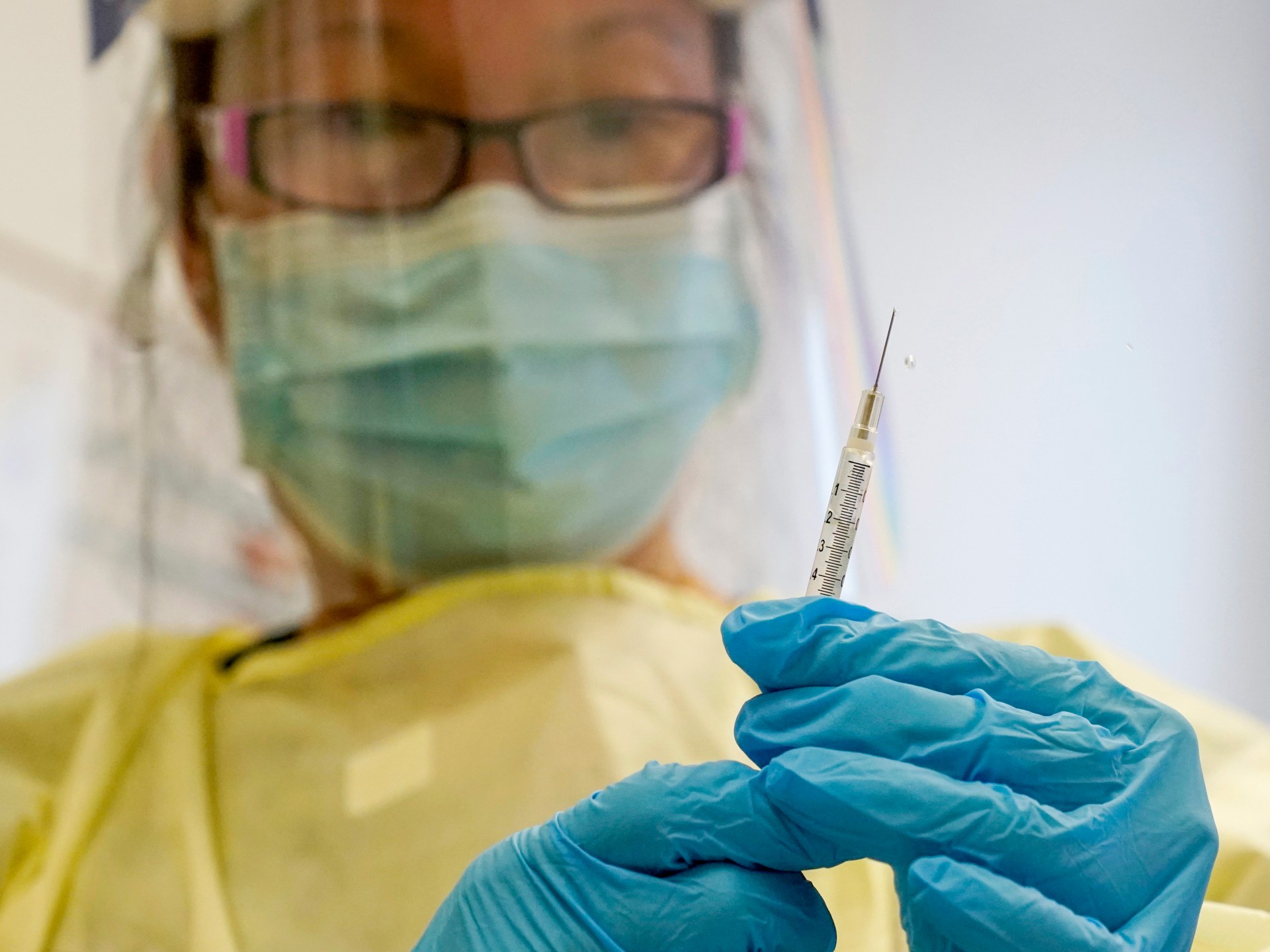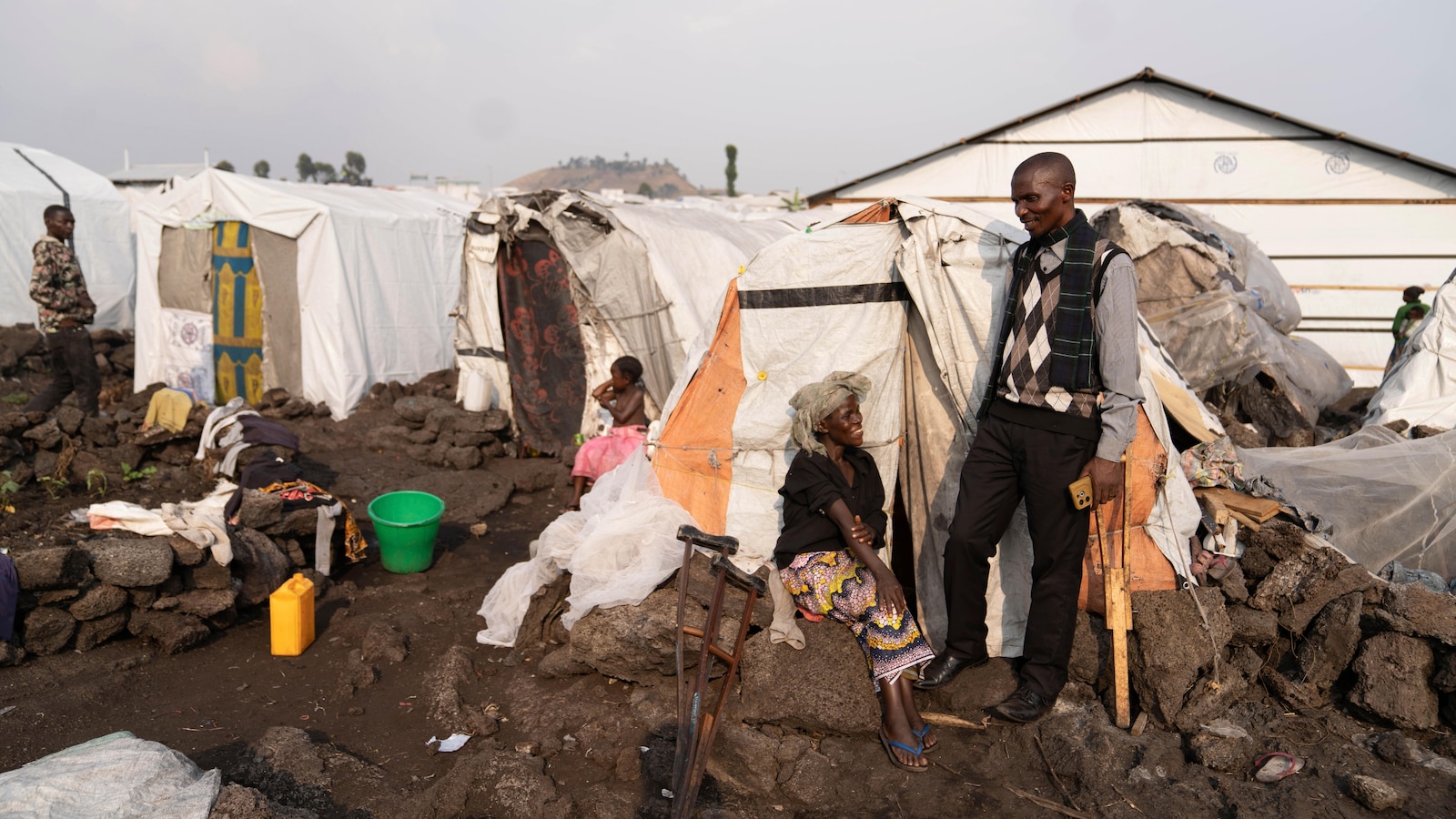Mpox: A Comprehensive Guide
Introduction
Mpox, formerly known as monkeypox, has emerged as a global health concern in recent years, prompting the World Health Organization (WHO) to declare it a public health emergency in July 2022.
Spread of Mpox
Since the WHO declaration, several countries outside of Africa have reported cases of mpox, including Sweden and Pakistan.
The strain currently spreading, known as clade 1, has been prevalent in African countries since 2022. The Democratic Republic of Congo (DRC) has experienced the largest outbreak on record, leading to an epidemic declaration in December 2022.
According to the Africa Centers for Disease Control and Prevention (Africa CDC), mpox has been detected in at least 13 African countries, with cases and deaths increasing significantly compared to last year.
Mechanism of Infection
Mpox is transmitted through close contact with an infected person or animal. The virus can enter the body through broken skin, the respiratory tract, or the eyes, nose, and mouth.
In humans, the virus spreads through contact with skin lesions, skin-to-skin contact, or breathing in respiratory droplets from an infected individual.
It can also be transmitted through contaminated objects such as surfaces, bedding, and clothing.
Symptoms
Mpox causes flu-like symptoms, including fever, chills, and body aches. It can also lead to the development of pus-filled skin lesions.
While most cases are mild, some individuals are at higher risk of severe symptoms, including those with untreated HIV, a weakened immune system, or children.
Treatment
There is currently no specific treatment for mpox, but antiviral drugs are being tested.
Vaccination is effective in reducing the risk of infection and is a priority for populations at high risk, particularly in affected African countries.
Prevention
To protect against mpox, individuals are advised to practice good personal hygiene, including hand washing and avoiding close contact with infected individuals.
In countries where the mpox vaccine is available, getting vaccinated is recommended to provide protection against infection.
Potential for Further Spread
Experts believe that if new outbreaks are identified and contained quickly, further spread of mpox can be prevented. However, the major risk remains in central Africa, where the epidemic is ongoing.
Given the lessons learned from the COVID-19 pandemic, prompt action is crucial to prevent a wider spread of mpox.



